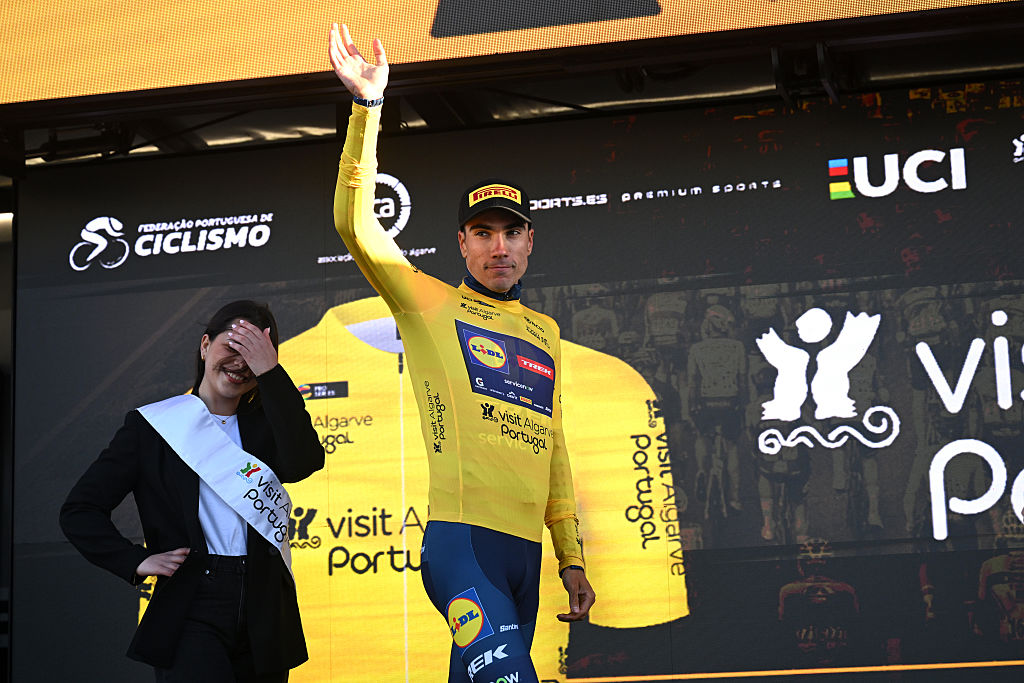Olympic bronze transformed D'hoore from shy sprinter to superstar in Belgium
Belgian eschews Omnium for Madison in addition to road career
The latest race content, interviews, features, reviews and expert buying guides, direct to your inbox!
You are now subscribed
Your newsletter sign-up was successful
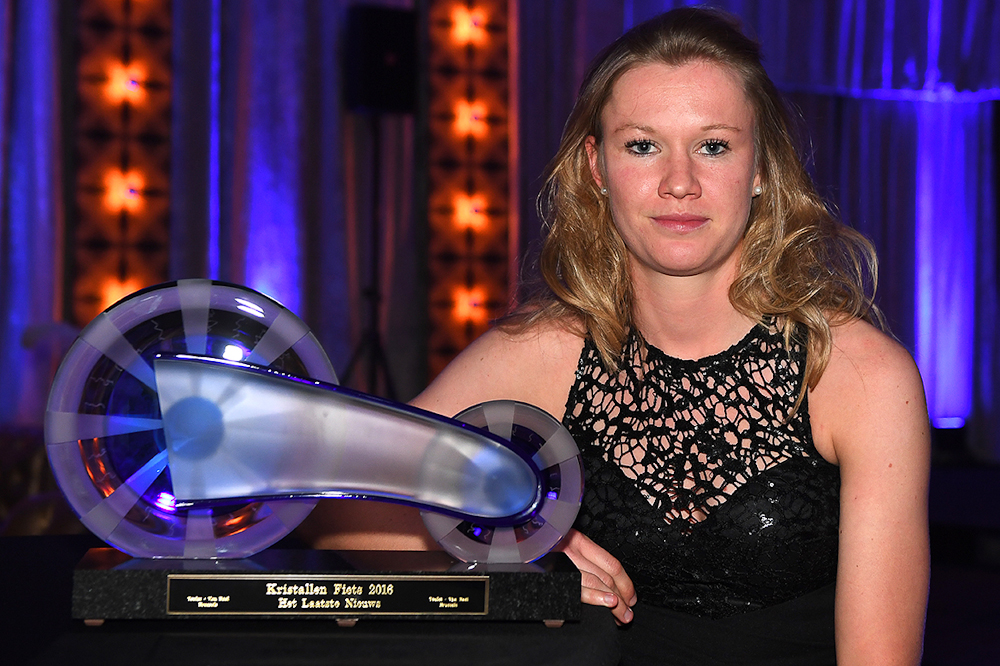
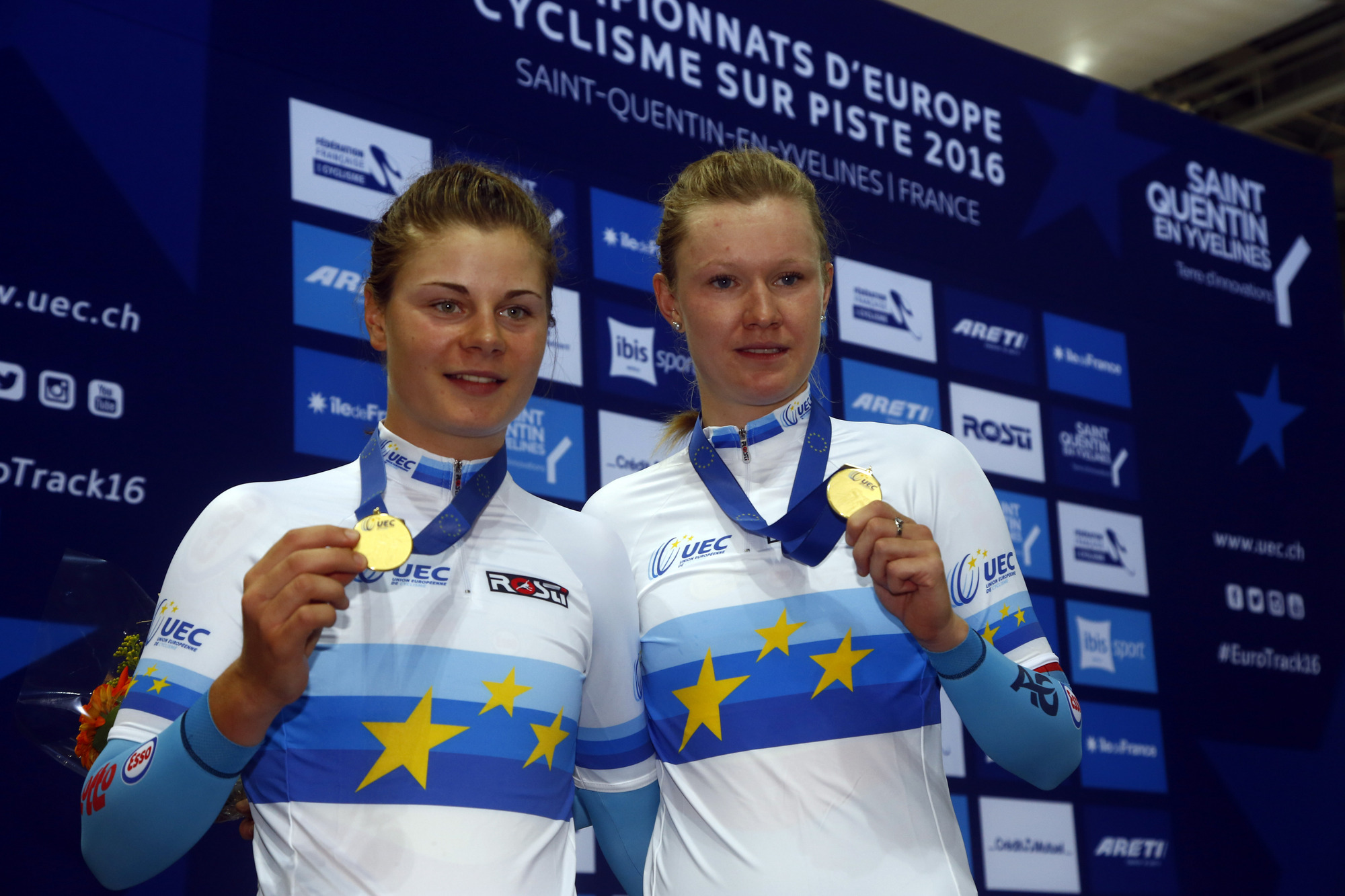
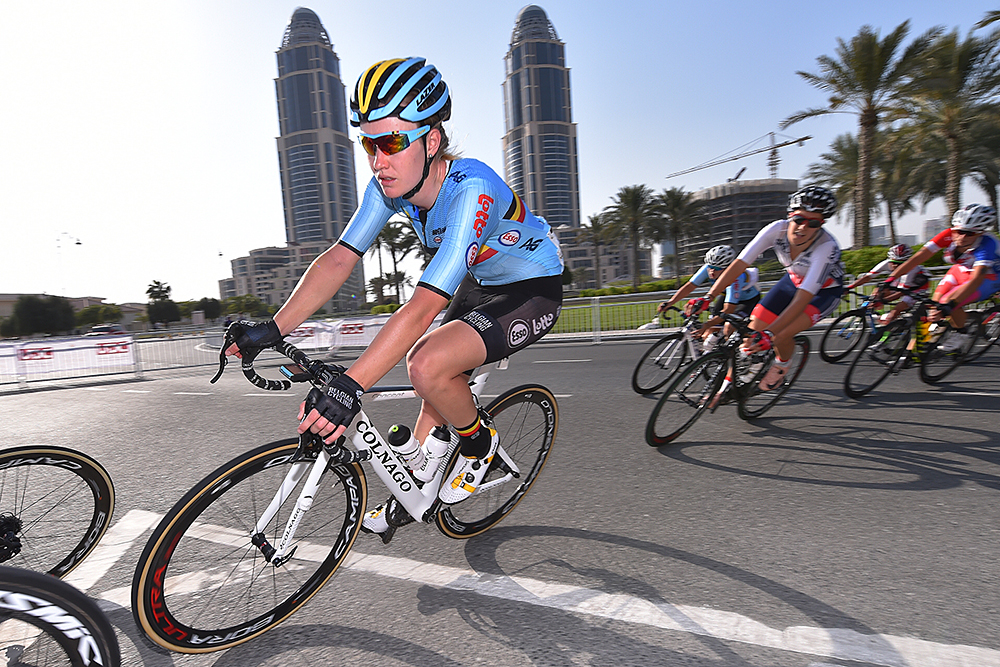
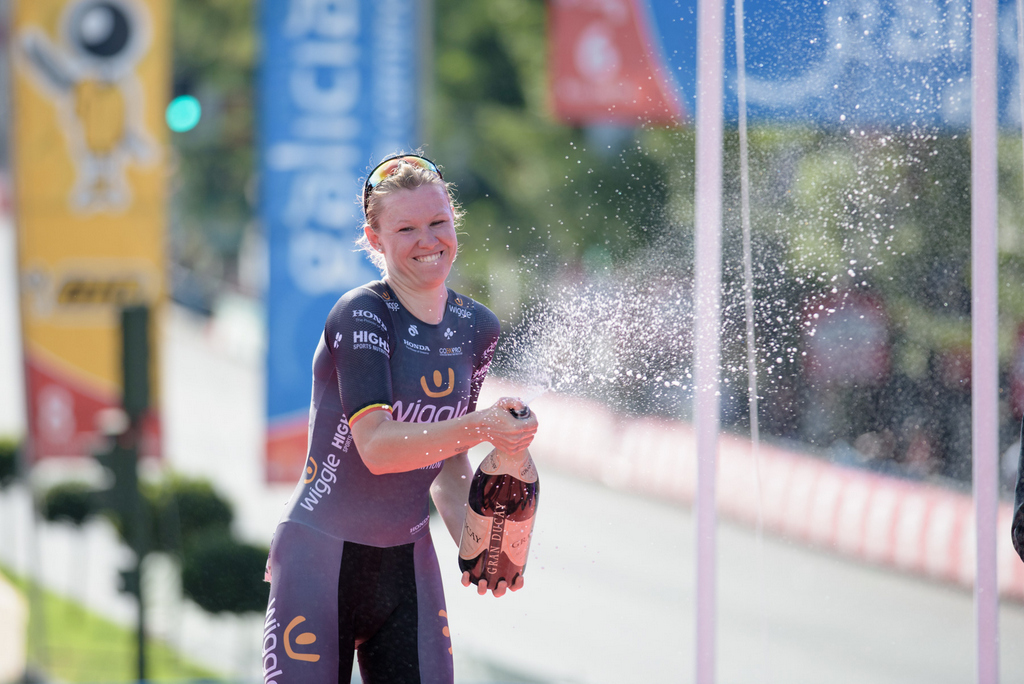
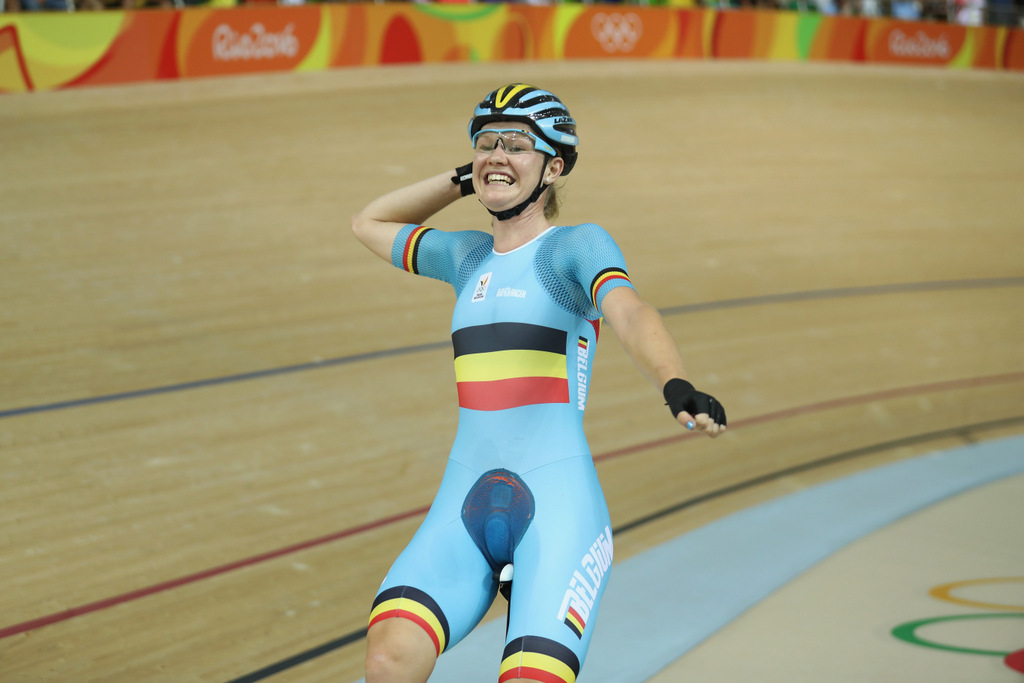
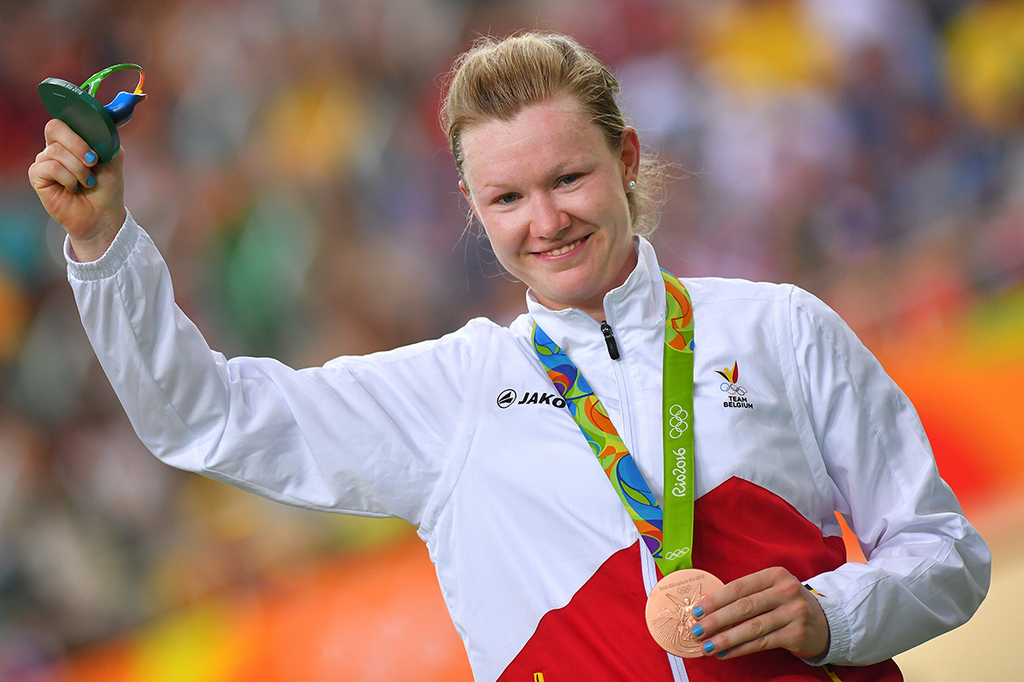
The Olympic Games is a rare opportunity for non-mainstream sports to be broadcast into the homes of millions around the world. For this reason, success at the Games brings with it much more attention and recognition than almost any other result in sport.
Jolien D'hoore has witnessed the impact of the Olympics first-hand since taking bronze in the omnium in Rio. For her efforts, D'hoore has received recognition in the form of awards including the first ever Kristallen Fiets (Crystal Bike) for women. The 26-year old has also found herself being recognised in the street, and she believes that this new-found attention can only help to boost support for the women's side of the sport in Belgium.
"I can see that the Olympics changed a lot in Belgium. Women's cycling has often been the little sister of men's cycling in Belgium, now that people have seen me getting my bronze medal in Rio, on the television, people recognise me now on the street, and they recognise my name," D'hoore told Cyclingnews.
"I was amazed the first few times that it happened after the Olympics. To me, getting the bronze medal was a big thing, but I'm quite shy about it. Then I came to Belgium and I was a superstar. I had to get used to all the pictures and all the awards, but it has been fun."
D'hoore is not boastful or brash, but she was brimming with confidence going into the Rio Games, despite going up against riders who'd had their full focus on the track for the past four years. She had to shelve most of her road season in order to compete with them.
"I have always done a combination between the track and the road, but I understood that to get a medal at the Olympics I had to do it on the track so I had to cut my road programme," she explained. "My road season hasn't been that good this year, but I knew that I had to do it to get a medal in the omnium because it's so specific right now and the other riders are mostly track riders."
Leaving the omnium behind
The latest race content, interviews, features, reviews and expert buying guides, direct to your inbox!
Since the Olympic Games in August, the omnium has changed format drastically. The number of events has been cut from six to four, and it now takes place over a single day rather than two. The pursuit, time trial and flying lap are all gone, and a tempo race has been added to the remaining elimination, scratch and points races. Olympic Champion Laura Kenny has already voiced her displeasure at the amendments, and D'hoore believes that it will swing things in the favour of the endurance-focused riders. However, it's not of too much concern as she plans to leave the omnium behind.
"It's more now for the endurance riders, not really for the sprinter kind of riders," she said. "It's good for us, for Belgium. I'm not going to be doing the Omnium anymore, that's now for Lotto Kopecky.
"I always said before Rio that it would be my last omnium; it would be the end for me. I will still be doing the track in the future, especially in the points race and the Madison. I'm hoping that the Madison will be an event in Tokyo."
The Madison has recently been introduced as a women's event, with the first competition taking place at the European Championships in October. D'hoore partnered Kopecky on that day, and the duo beat British pairing Emily Kay and Emily Nelson by 10 points. She had been expecting carnage but, in the end, enjoyed the competition.
"I was quite surprised. Before going into the event, I thought that there would be a lot of crashes but it wasn't dangerous at all. It was a very good race, I had fun and I really enjoyed myself. I'm looking forward to the World Championships."
On the road again
With the World Championships in Hong Kong not until April, D'hoore's primary focus is the road and the spring Classics, specifically the Tour of Flanders. D'hoore finished runner-up to her teammate Elisa Longo Borghini at the 2015 race. Following the recent revamp of the course, which will see the riders tackle the Muur van Geraardsbergen over an extended route of 153km, the race will pass by her home after just a few kilometres.
The inclusion of the Muur was the change that drew the most attention, but it is the new UCI-approved distance that D'hoore believes will have the biggest impact. "I think that it is a positive change for the women. The difference between the top level riders and the ones just underneath will be even bigger now," she said.
"If the race was 120km then girls that can train for three hours can still manage to win that race but now that it's up to 160km you have to train for four or five hours. It's a big difference and the last hour in the race will be crucial."
The 2016 Tour of Flanders was won by Lizzie Deignan with three of her Boels Dolmans teammates sitting in the top 10. The Dutch squad dominated the inaugural Women's WorldTour, winning 10 of the 17 rounds and taking both the individual and team rankings. The balance of power has shifted around over the winter, particularly after many of Rabo-Liv's top riders moved on and D'hoore thinks that there will be a much bigger fight in the rankings in 2017.
"The stronger riders are more spread out so that can only be good for the racing next year," said D'hoore. "It's going to be more exciting than it was this year. This year was mainly Boels winning every race but I think they will have to watch out for Wiggle making a few surprises.
"I'm really confident and I know that we can pull of a strong season next year, we have the team for it. We also have a full staff now with 12 members, so we have all the right equipment to help us move forward and to make a great season."
Born in Ireland to a cycling family and later moved to the Isle of Man, so there was no surprise when I got into the sport. Studied sports journalism at university before going on to do a Masters in sports broadcast. After university I spent three months interning at Eurosport, where I covered the Tour de France. In 2012 I started at Procycling Magazine, before becoming the deputy editor of Procycling Week. I then joined Cyclingnews, in December 2013.
